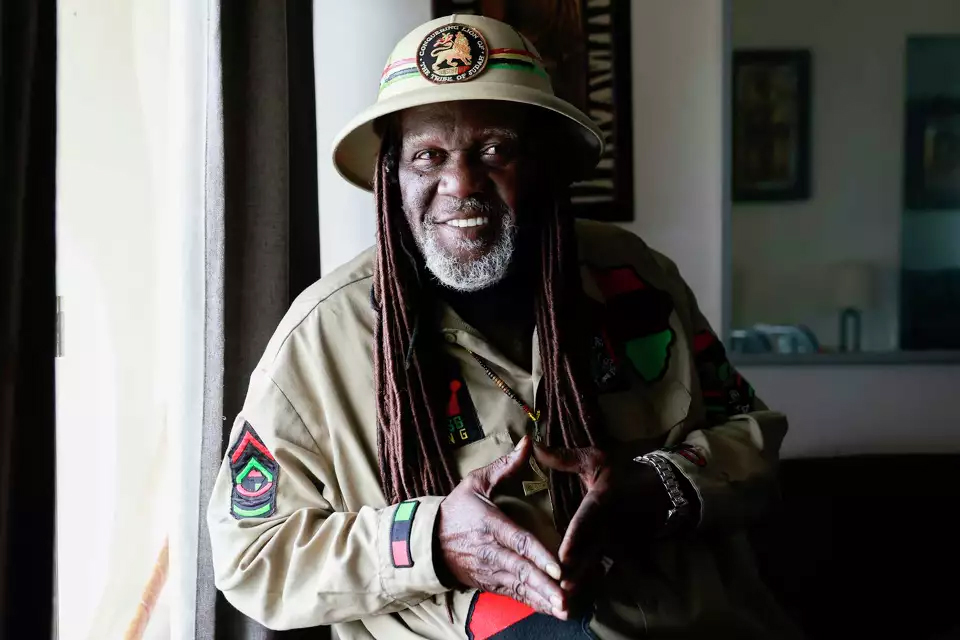Juan Francisco Amaya did not plan to leave his home country of El Salvador to come to the United States in 2017. However, the gang violence prevalent at the time and a traumatic encounter with law enforcement forced him to flee, searching for a better life for his family.
“I didn’t feel safe,” Amaya, 40, told the Chronicle. “You couldn’t even go out to work because people and police assumed you were a gang member.”
Amaya arrived in Texas in 2017 with his sister before moving to Novato in Marin County months later. His wife and three of their now seven children came to live with him a couple of years later. Three kids stayed behind with their grandmother.
“I didn’t feel safe,” Amaya, 40, told the Chronicle. “You couldn’t even go out to work because people and police assumed you were a gang member.”
Their quality of life improved significantly, though it was a struggle to get by on a single-income household, Amaya said. But things took a bad turn in April of this year when Amaya suffered a severe injury to his hand while working at one of his two jobs.
During a night shift as a dishwasher at a downtown Novato restaurant, a plate he was carrying broke and cut his left pinky finger through his tendon. A painter by day and dishwasher by night, Amaya could no longer work with his hands.
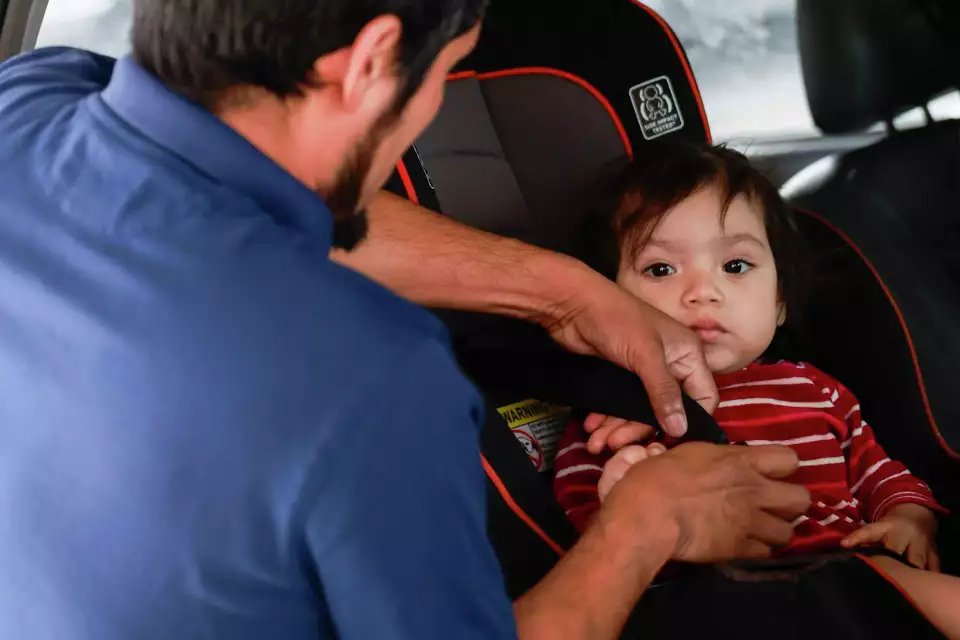
“It was a really painful injury,” he said. “I’m still recovering in physical therapy, but it’s still painful and difficult to move my hand.”
Amaya’s inability to work left him worried that his family could be evicted. He didn’t have an emergency savings fund or family members who could lend him money.
Feeling helpless, Amaya said he reached out to Amalia Saborio, a case manager at Canal Alliance, which offers social services to Latino immigrants. Saborio encouraged him to apply to the Chronicle Season of Sharing Fund, which works throughout the year to prevent homelessness and hunger in the Bay Area’s nine counties. All donations directly help people in need.
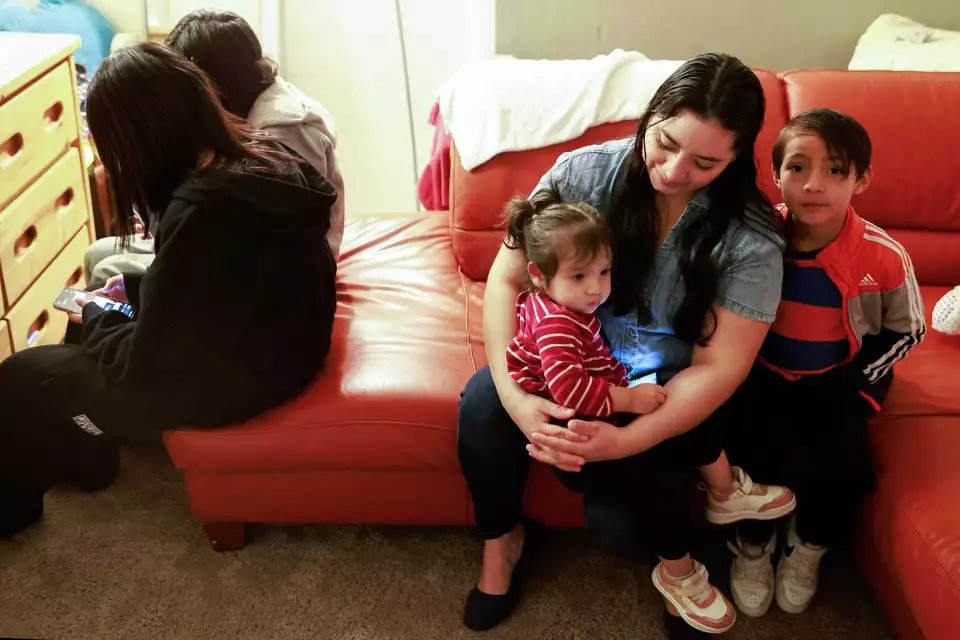
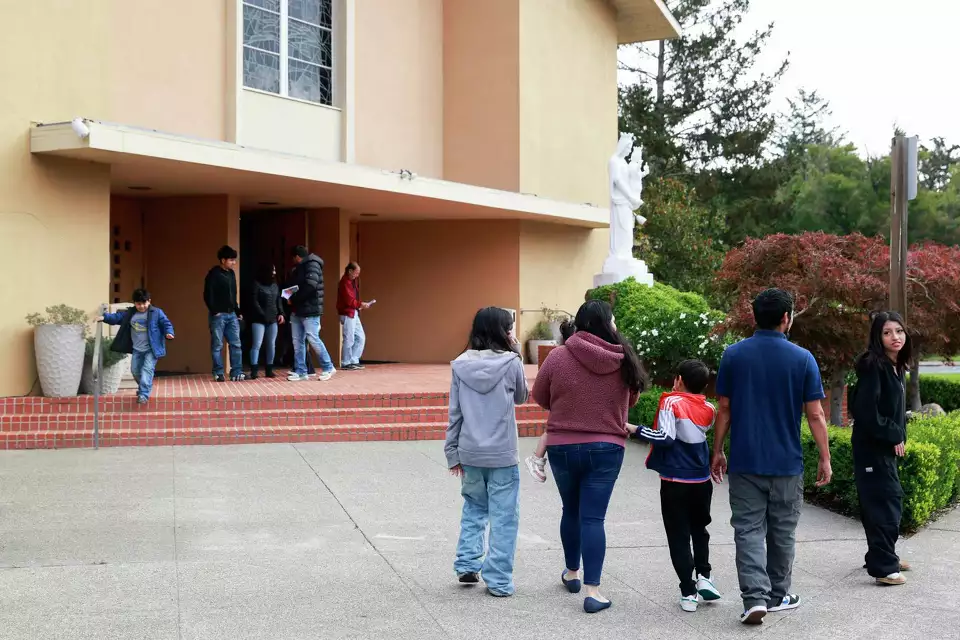
“We felt so relieved. I don’t want to go through this experience”
Amaya said he received enough assistance to pay for two months of rent. “We felt so relieved,” he said.
To this day, Amaya has not returned to his dishwashing job. His wife took over his position while he stayed at home, recovering and caring for their children. He recently started picking up painting jobs to help with household expenses, mostly using his nondominant right hand.
He said he hopes to get approval from his doctor to start working at the restaurant again. The injury was so severe that Amaya’s doctor warned that his tendon may not fully heal back to normal or could take a long time to do so, Amaya said. Getting surgery is an option, Amaya said, but he is worried that it could prolong the healing process and the opportunity to get back to work.
“I don’t want to go through this experience again,” Amaya said.
Amaya’s injury has presented new challenges in his day-to-day life. Showering and changing their toddler’s diapers is harder. The six months recovering at home unable to work also took a toll on his mental health.
“There were days where I’d just ask my wife to join me for a walk. Resting for the first few days was nice, but after a while it was hard, especially because all I could think about were finances,” Amaya said.
The help from the Season of Sharing Fund was life-changing for Amaya and his family.
“It was a blessing,” he said.
Reach Jessica Flores: jessica.flores@sfchronicle.com; X: @jesssmflores
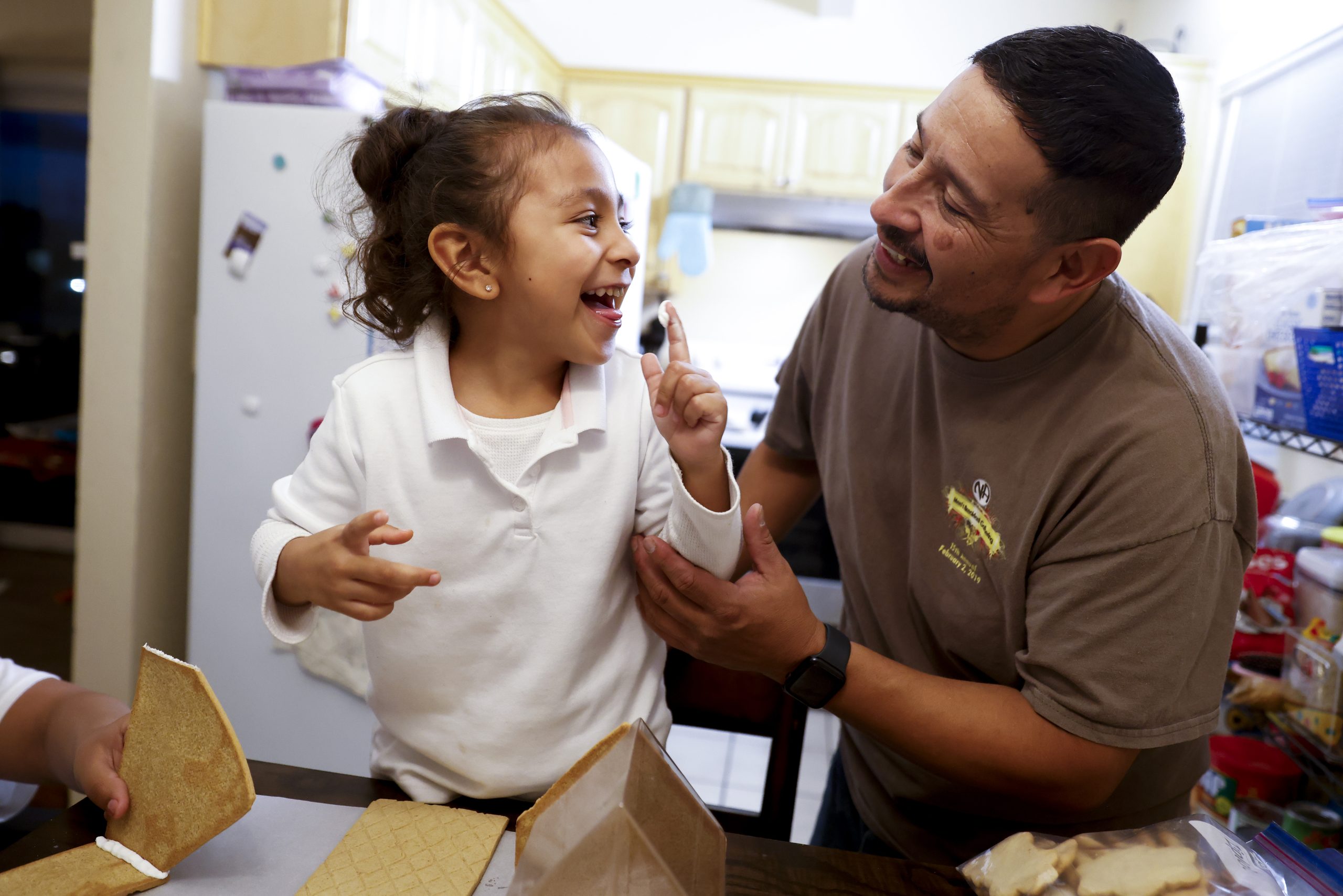
At Season of Sharing Fund, we believe that an unexpected financial crisis should never mean losing your home. Preventing homelessness isn’t just kind—it’s also the most effective way to keep our communities thriving. 100% of your donation keeps Bay Area residents housed, cared for and nourished.
